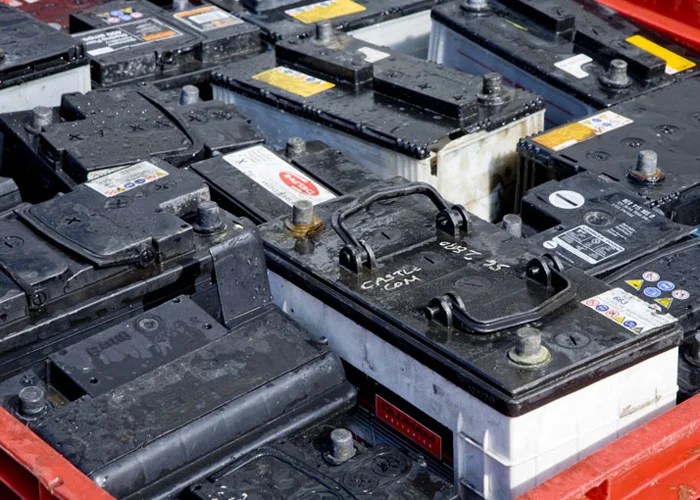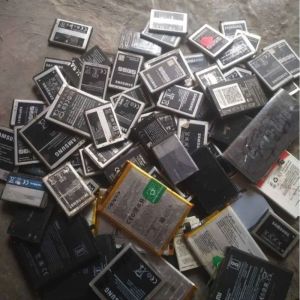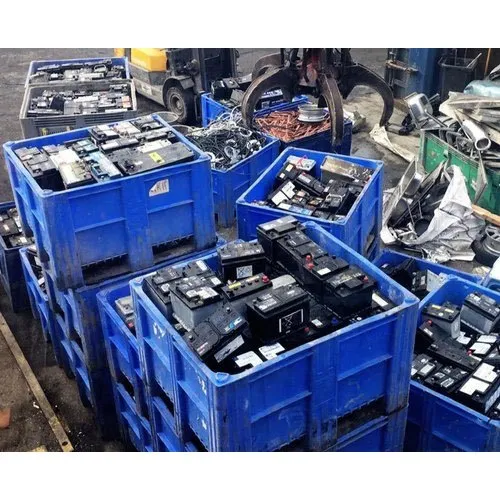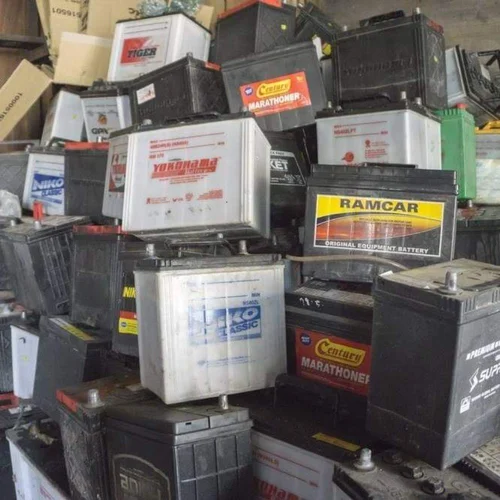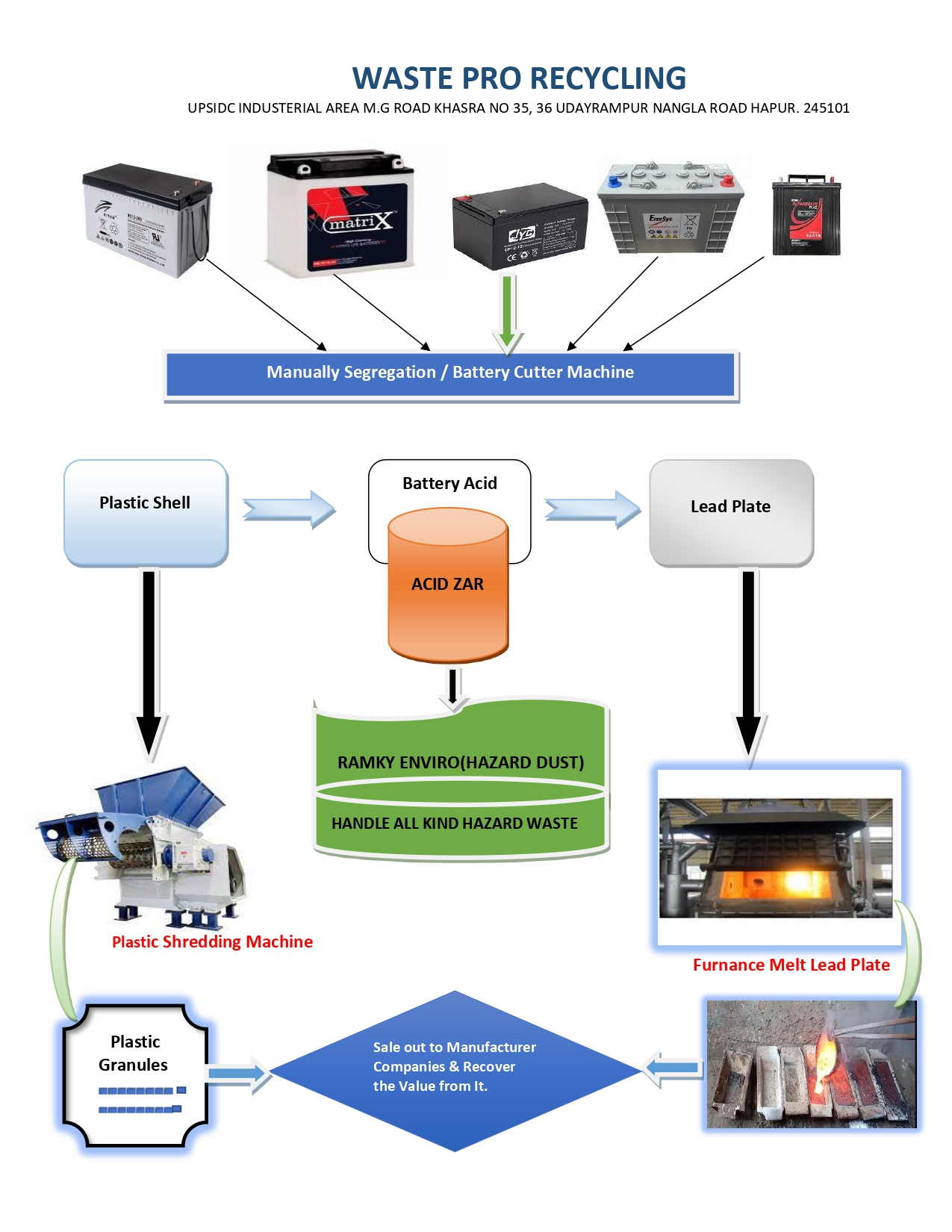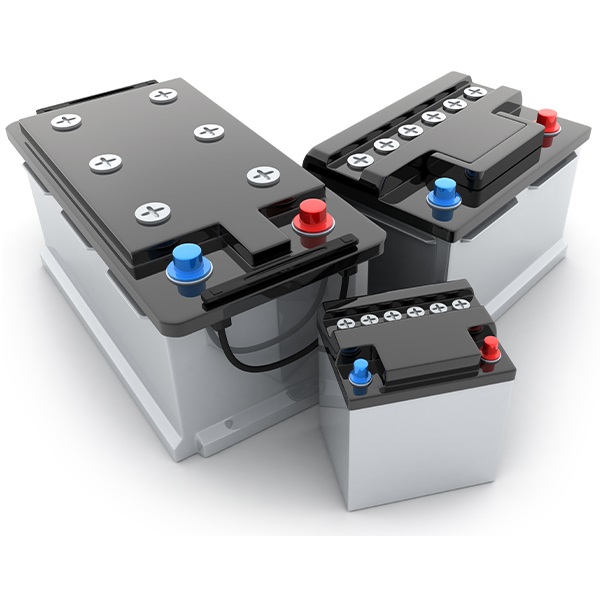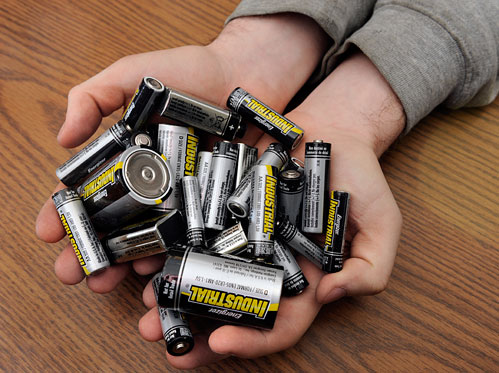About RDI Waste Solution
Waste management refers to the processes involved in managing waste from cradle to grave.
This includes the collection, transportation, disposal/recycling and monitoring of waste materials produced as a result of human activity, Waste management encompasses all types of waste, such as household, industrial and hazardous. Waste can also be solid, liquid or gas, each of which have their own methods of management and disposal. First of all, there are many types of waste: municipal (household, commercial and demolition waste), hazardous (industrial), biomedical, electronic (e-waste), radioactive, etc. Waste management includes the collection, transport, valorization and disposal of these waste. More broadly, it includes any activity involved in the organization of waste management from production to final treatment. we are collecting all stuffs from the corporate sector and socities
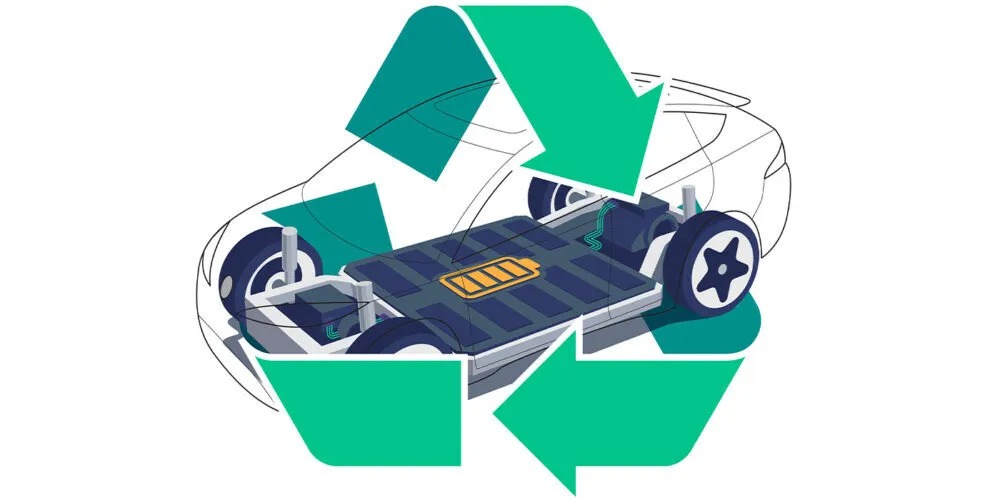
Happy Visitors
Awwards Winning
20 Years Experiance
Waste collection
the collection of household waste is usually done by means of garbage trucks, which go to each point of garbage production to collect garbage. There are also collection systems where a network centralizes waste, such as automated vacuum collection.
Biological reprocessing
composting is a process of conversion and recovery of organic matter into a stabilized, hygienic, soil-like product rich in humic compounds: the compost. Anaerobic digestion is a process similar to composting, that allows the treatment of organic waste and sludge by fermentation in the absence of oxygen.
Energy recovery
energy recovery from waste, often called waste-to-energy, is the process converting non-recyclable waste materials into usable heat, fuel or electricity through combustion, anaerobic digestion, gasification, pyrolyzation, etc.
Recycling
recycling is the physical reprocessing of old materials such as metals, plastics and e-waste - industrial or household - into new products. The type of material collected for recycling can vary depending on the city and country.
